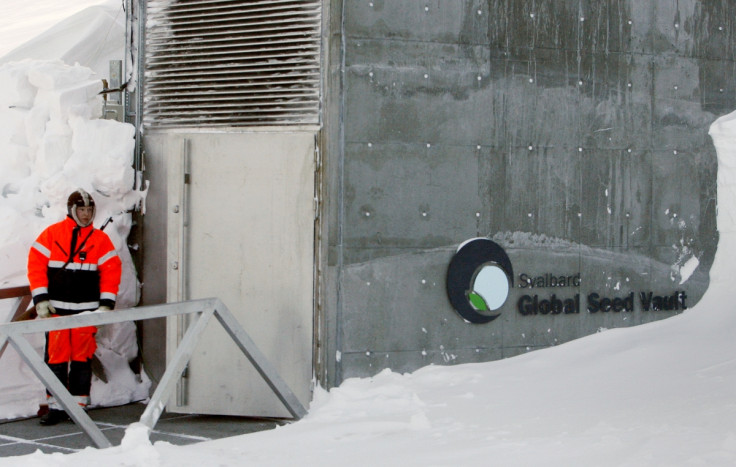The world just got a Doomsday Vault to preserve its heritage and cultural data
The new vault in Norway will use analogue archives to protect data submitted by nations from cyberattacks.

A second Doomsday vault has opened in Norway to preserve the world's heritage and cultural data. The vault will use analogue archiving techniques, which go a step back from digital back-ups, to protect its data from cyberattacks.
Located about 620 miles from the North Pole in Svalbard, Norway, the vault -- formally named World Arctic Archive -- is built on an abandoned coal mine close to the Global Seed Vault. The organisation is encouraging nations world over to submit data particularly significant to their culture to this vault.
"Like what the Global Seed Vault is for plants, the Arctic World Archive will be for the world's digital heritage and valuable data, " said Piql, the Norwegian company managing the vault.
The Global Seed Vault was opened in 2008 as a master backup to other seed banks around the world. Nearly 1.5 million distinct seed samples of agricultural crops are estimated to be storied in the vault.
How will the data vault work?
The data will be stored on multi-layered photosensitive analogue film, which the company claims will last between 500 and 1,000 years. The reels will be stored deep inside the abandoned mine frozen in permafrost, to keep its temperature constant below 0 degrees Celsius.
Countries will need to upload images or audio-visual content to Piql's servers, which will then be transferred to this special film designed to withstand wear and tear. Storing the data in a hard-bound manner away from regular access means it is protected from cyberattacks and other kinds of tampering.
The data be searchable online. If any catastrophic event were to take place, the hard-bound data will be delivered digitally or in a physical format as per the nation's choice.
There is no restriction on the type of data that a government wants to secure. The deposit could range from meteorological observations to manufacturing plans to classical literature.
The vault that opened last week has already got two submissions from Mexico and Brazil. While Brazil has submitted historical documents like the Brazilian Constitution, Mexico submitted important documents and cultural data that dates all the way back to the Inca period.
© Copyright IBTimes 2025. All rights reserved.





















